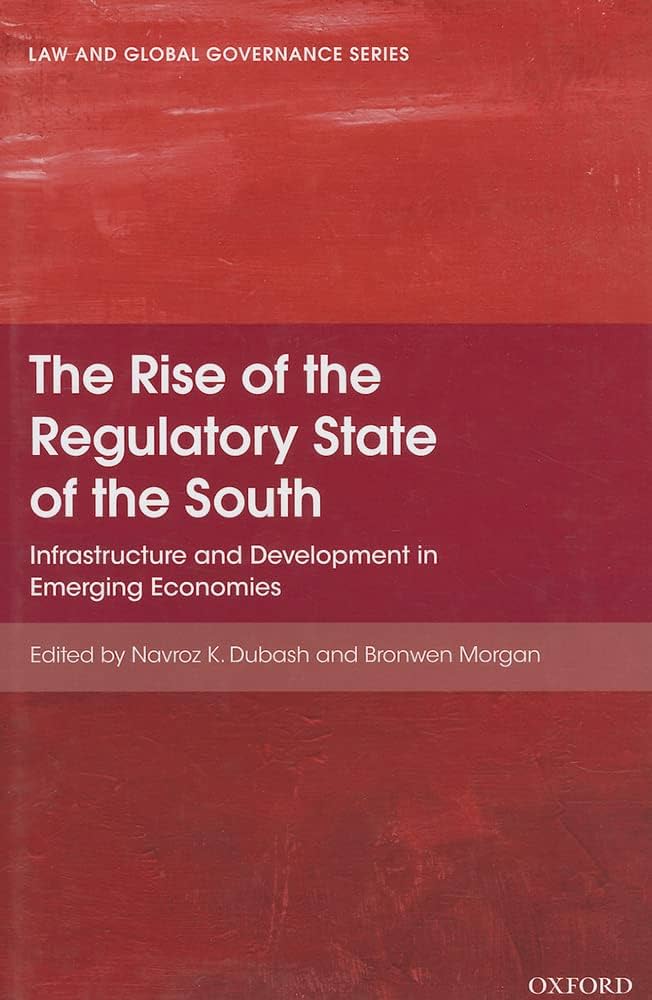Summary
The results are presented from a survey of national legislation and strategies to mitigate climate change covering almost all United Nations member states between 2007 and 2012. This data set is distinguished from the existing literature in its breadth of coverage, its focus on national policies (rather than international pledges), and on the use of objective metrics rather than normative criteria. The focus of the data is limited to national climate legislation and strategies and does not cover subnational or sectoral measures. Climate legislation and strategies are important because they can: enhance incentives for climate mitigation; provide mechanisms for mainstreaming; and provide a focal point for actors. Three broad findings emerge. First, there has been a substantial increase in climate legislation and strategies between 2007 and 2012: 67% of global GHG emissions are now under national climate legislation or strategy compared to 45% in 2007. Second, there are substantial regional effects to the patterns, with most increases in non-Annex I countries, particularly in Asia and Latin America. Third, many more countries have adopted climate strategies than have adopted climate legislation between 2007 and 2012. The article concludes with recommendations for future research.
Read more






